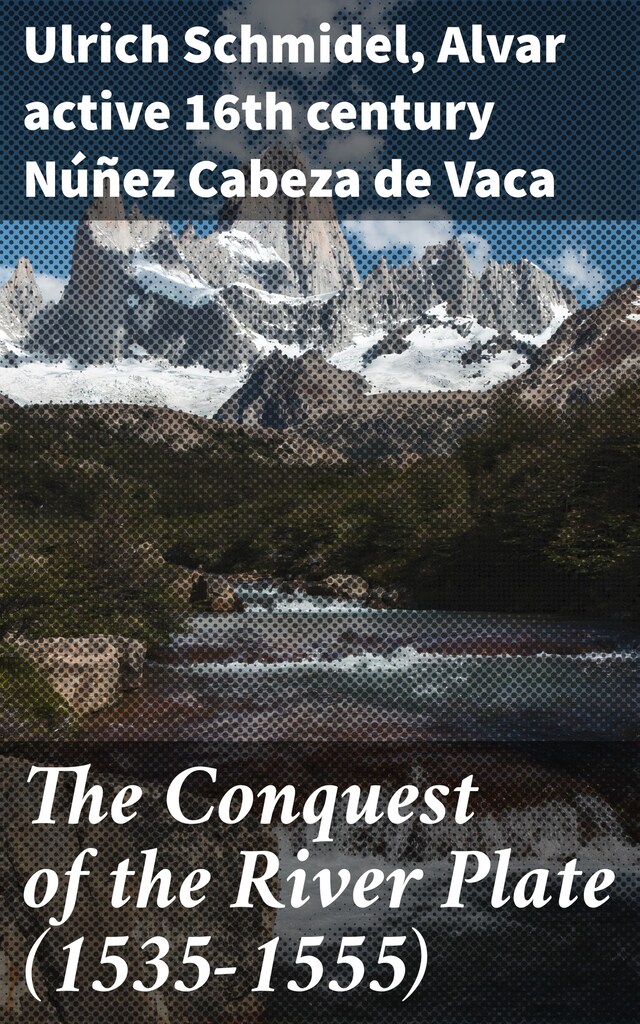
The Conquest of the River Plate (1535-1555)
Voices of Conquest: Explorers' Tales of the River Plate Region
Description of book
The anthology "The Conquest of the River Plate (1535-1555)" provides an intricate exploration of early European encounters with the South American continent, specifically focusing on the River Plate region. Through a diverse assemblage of documents, the collection traverses a range of literary styles from detailed navigational logs to vivid travel memoirs, offering a multifaceted view of the colonial and indigenous worlds during a period of profound transformation. The significance of this collection lies in its meticulous presentation of historical accounts, with standout narratives that vividly capture the challenges and crossings that defined early colonial expeditions. Bringing together the works of notable figures like Ulrich Schmidel and Alvar N√∫√±ez Cabeza de Vaca, this anthology bears witness to the merging of cultures and ideologies during a time of exploration and conquest. Schmidel'Äôs accounts, along with those of Cabeza de Vaca, provide distinct yet complementary perspectives on the era, reflecting the broader historical currents of Renaissance Europe'Äôs outward gaze and the tumultuous implications of empire-building. Collectively, these authors illuminate the complex tapestry of interaction between European explorers and indigenous peoples, echoing the voices of important cultural and historical movements of the 16th century. This collection is an indispensable gateway into the nuanced dynamics of early colonialism in South America, providing readers with the rare chance to engage with authentic historical narratives. Readers are encouraged to delve into these pages not only for their educational merit but also for the rich dialogue they present across centuries. The anthology's breadth of insights into early colonial encounters fosters a deeper appreciation of the diverse perspectives that have shaped our understanding of history, making it a vital addition to any historical or literary discourse.

